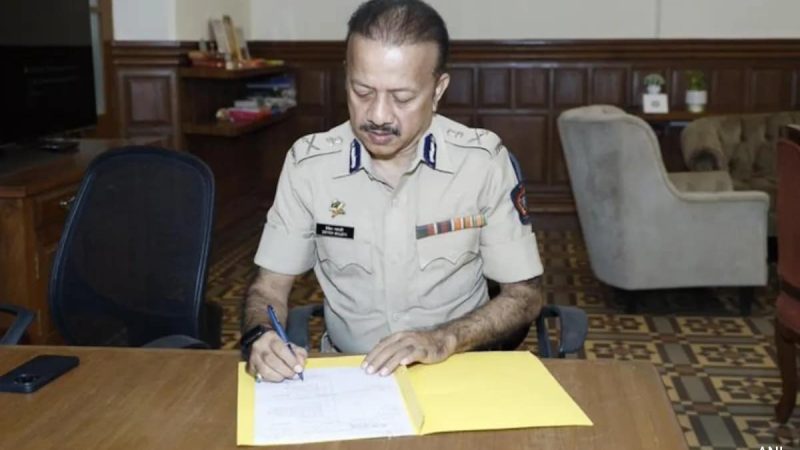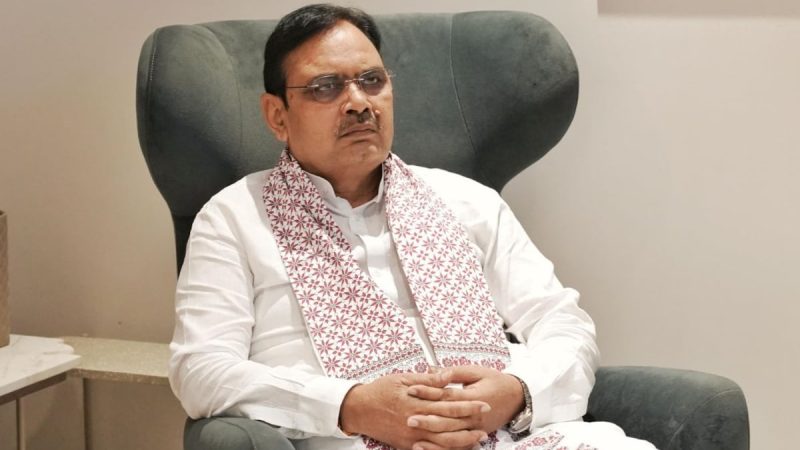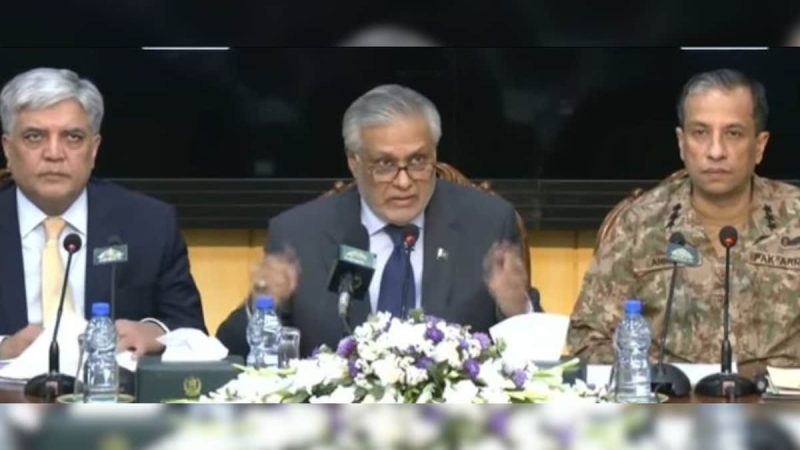Opinion: South Asia on the brink: Why war is a no-win


By Samudrala VK
At a time when the idea of secularism is undergoing a massive onslaught in the hands of fundamentalist, communal and ultra-conservative forces in the South Asian region, the Pahalgam terror attack has added fuel to the fire and brought communal politics to the fore. Undoubtedly, considering the cruelty of the act, terrorism should be dealt with heavy hand, yet, it is also important to curtail the misinformation being spread on social media that is flaring up hatred and intolerance among the citizens.
Misleading information, if left uncontrolled, will turn into a deadly weapon in the hands of jingoistic forces and divide the country as well as the South Asian region along religious lines. Secularism and inclusivity form the bedrock of modern India and the same are the founding principles that differentiate India from its South Asian peers who share common colonial history and started their post-independence journey at the same time as the former.
Unity in Diversity
India, a nation known for its cultural and religious diversity and remarkable resplendence, adopted an inclusive and accommodative approach after attaining freedom from its colonial masters given the wide range of geographical, ethnocultural, linguistic, regional, religious and economic differences, stood as a beacon of unity in diversity.
On the internal front, sectarian, religious and ethnic conflicts have been taking a toll on peace, growth and prosperity within the member nations, and on the external front, border disputes, terrorism in the name of religion, cross-border migration, infiltration and ethnic conflicts have been breeding mistrust, accentuating geopolitical tensions.
The domestic politics in most of the sub-continent countries, including, India, is driven by contestation and confrontation on numerous fronts rather than on a collective and accommodative spirit. This power struggle along the lines of religion, region, sects and ethnicity creates a myriad of fault lines. As a result, ties among the South Asian countries are characterised by bitter hostility and belligerence.
Rising Misinformation
Moreover, the influence and involvement of Western powers in the internal affairs of the member nations complemented by the power struggle between India and China to exercise their dominance over the Indian Ocean region are negating and nullifying the initiatives that are aimed at bringing together the South Asian nations.
South Asia has never been a land of a single faith throughout its history. It is a land of dichotomies and different faiths ever since history has been recorded. It is this assimilation of different religions, both ingrown and outgrown, that has given the land its peculiar nature and at the same time a one-of-its-kind demographic profile.
In addition, most of the faiths and their distinct features or tenets here have undergone a massive blend. Till the end of the colonial era or before the advent of modern states along the nationalist lines, South Asia had been a different entity given its distinctive geographical and aforementioned cultural variables. To say, almost all faiths have become accustomed to each other and made themselves more adaptable.
The use of a majoritarian card by the prevailing regimes has not only redefined the course of the region as a whole, sadly from bad to worse but also blurred elements like trade, cross-cultural ties, support in arenas like climate change, healthcare, technology, science and education that play a vital role in the progress and prosperity.
An eye for an eye, a tooth for a tooth policy, though it may appear right in the short run given the heightened tensions between India and Pakistan, has proven and will prove catastrophic if one goes through history
It is preposterous on the part of these nations not to use the transnational connections and common heritage that they have inherited for the benefit of the region. From the idea, though not utopian, of having a common currency in the early 2000s to a dystopian outlook amid the war-like situation at present, South Asia’s path of regional integration has been marked largely by unwarranted differences over petty issues.
Logics over Emotions
Cultural sensitivity and human rights are often neglected entities in South Asia. Removal of history topics that deal with other faiths from school curriculum, censorship on features that reflect secular ideals and interpretation of history on religious lines rather than through rational lens fuel the discontent owing to unawareness, insensitivity and serve the interests of hardliners and war-mongers.
As the adage goes “One can change friends but not neighbours”, India and Pakistan, the key players and the only nuclear powers in the region, need to chalk out a long-term solution to the bones of contention between them. Call for war between India and Pakistan will be a no-win situation given the scale of weaponry lying in the military harbours of both countries.
An eye for an eye, a tooth for a tooth policy, though it may appear right in the short run given the heightened tensions on both sides, has proven and will prove catastrophic if one goes through history. The right and effective counter-terrorism strategy needs a collaborative and clever approach to yield the desired results.
Since the domain of foreign policy is an area where logics outplay emotions, it is vital to opt for the course that gives the best results with minimal or zero collateral damage. For sustainable peace to flourish in the region, it is wiser to look at economics and trade as weapons to achieve the desired outcomes which may not be possible through military means.
It is a no-brainer to say that in the age of neorealism, the economic powers try to exercise their hegemony on the weaker nations. Loans with lower interest rates, grants-in-aid, and other monetary measures serve as tools in the hands of neoimperial powers. The same is the case with the nations in the region at least with smaller nations which have weaker economic fundamentals.
In the wake of the volatile economic situation at the global scale owing to the United States’ conservative approach, thanks to Donald Trump’s economic policies, the ongoing tense situation in South Asia derails economic growth and development in the region and also limits their bargaining power on collective basis vis-a-vis global economic policies.

(The author is Director of Samudrala VK IAS Academy, Hyderabad)






